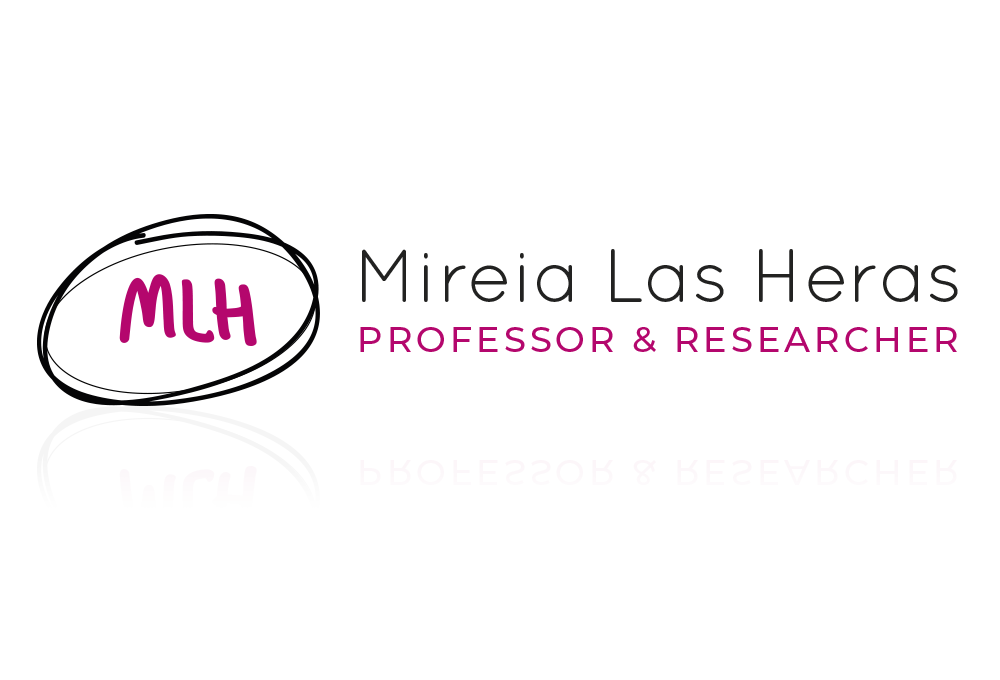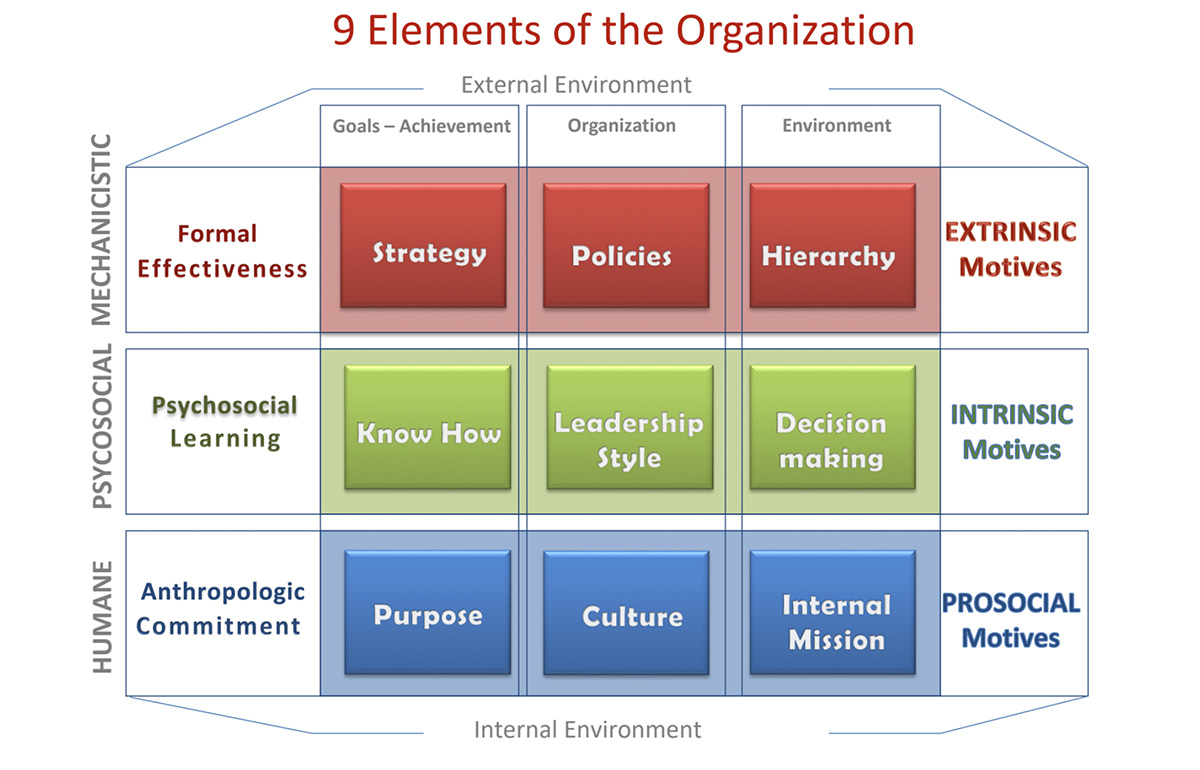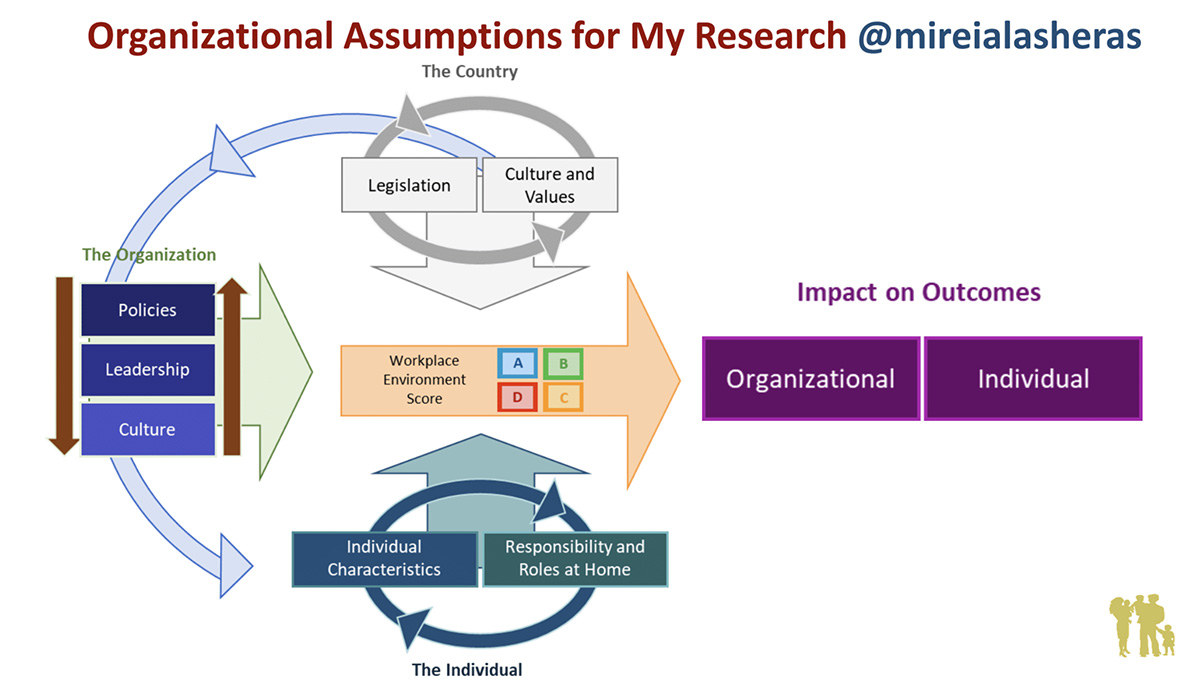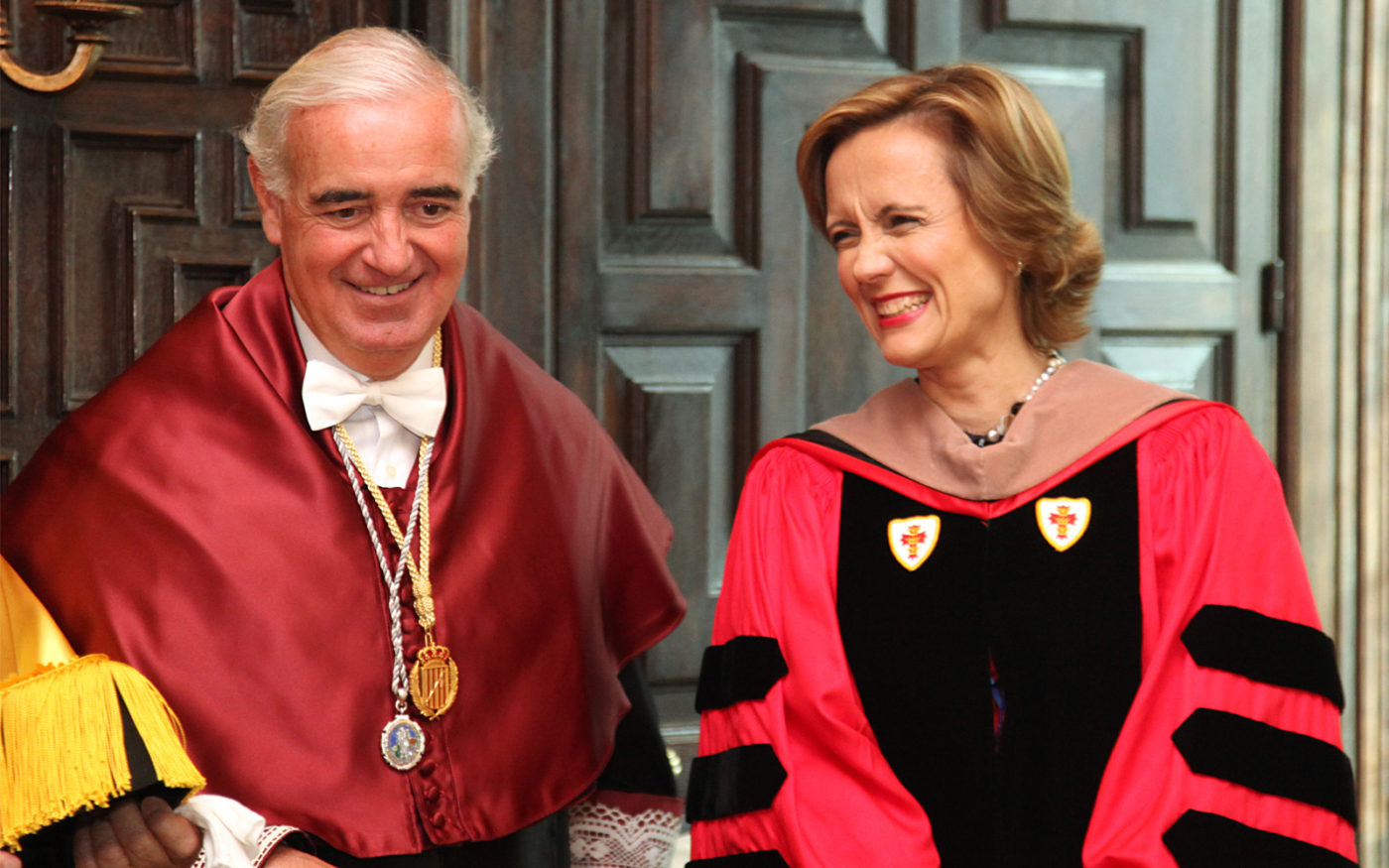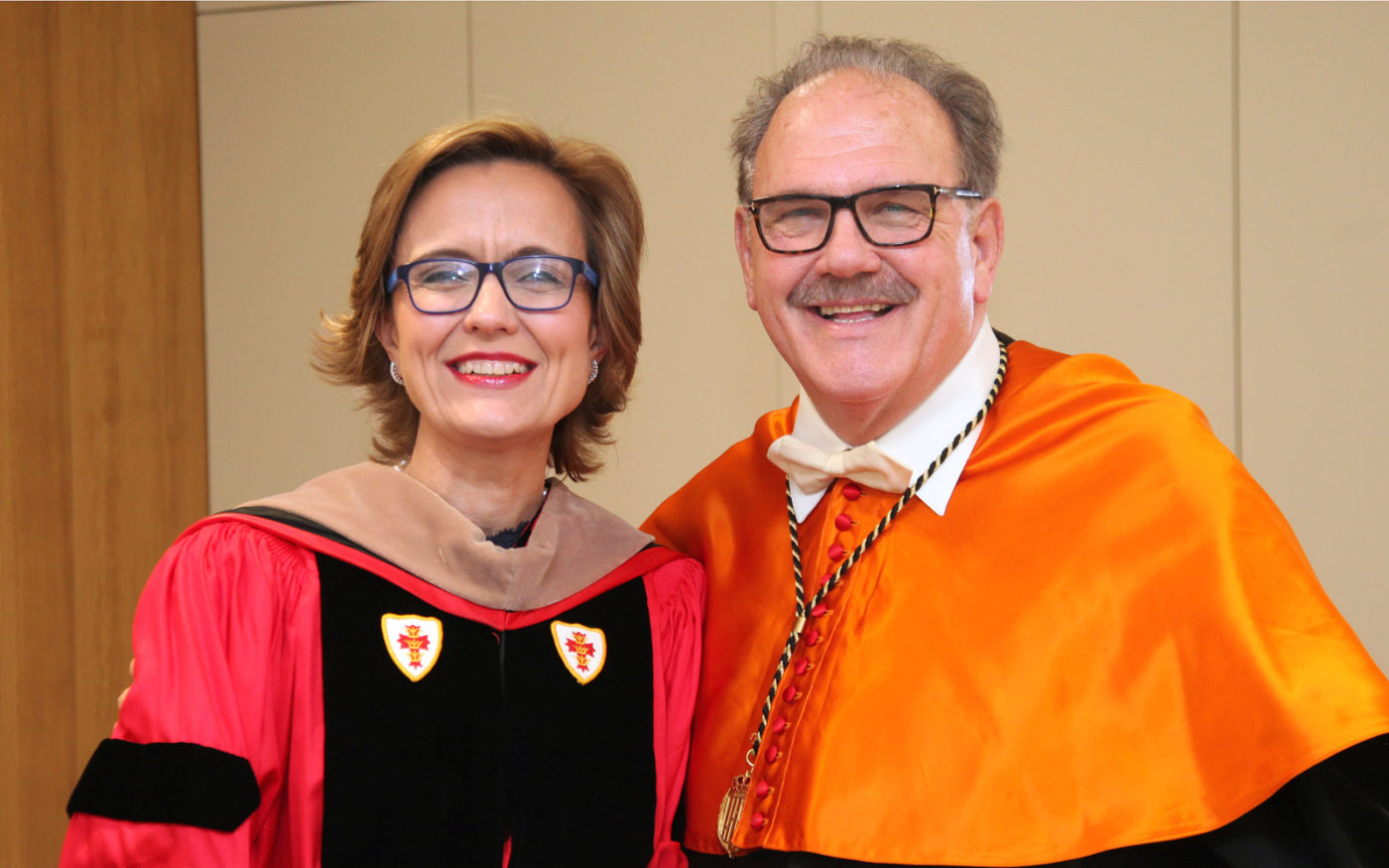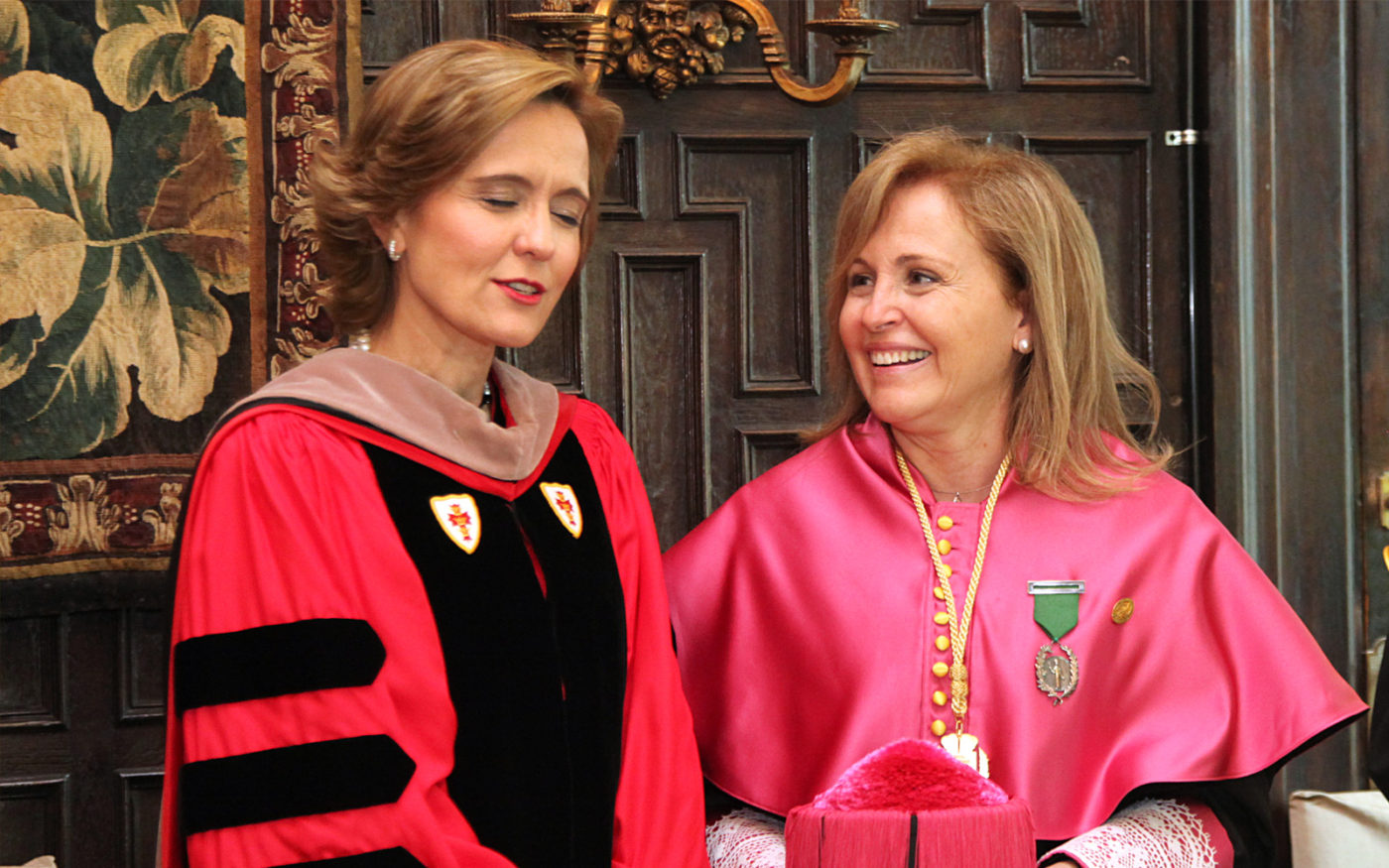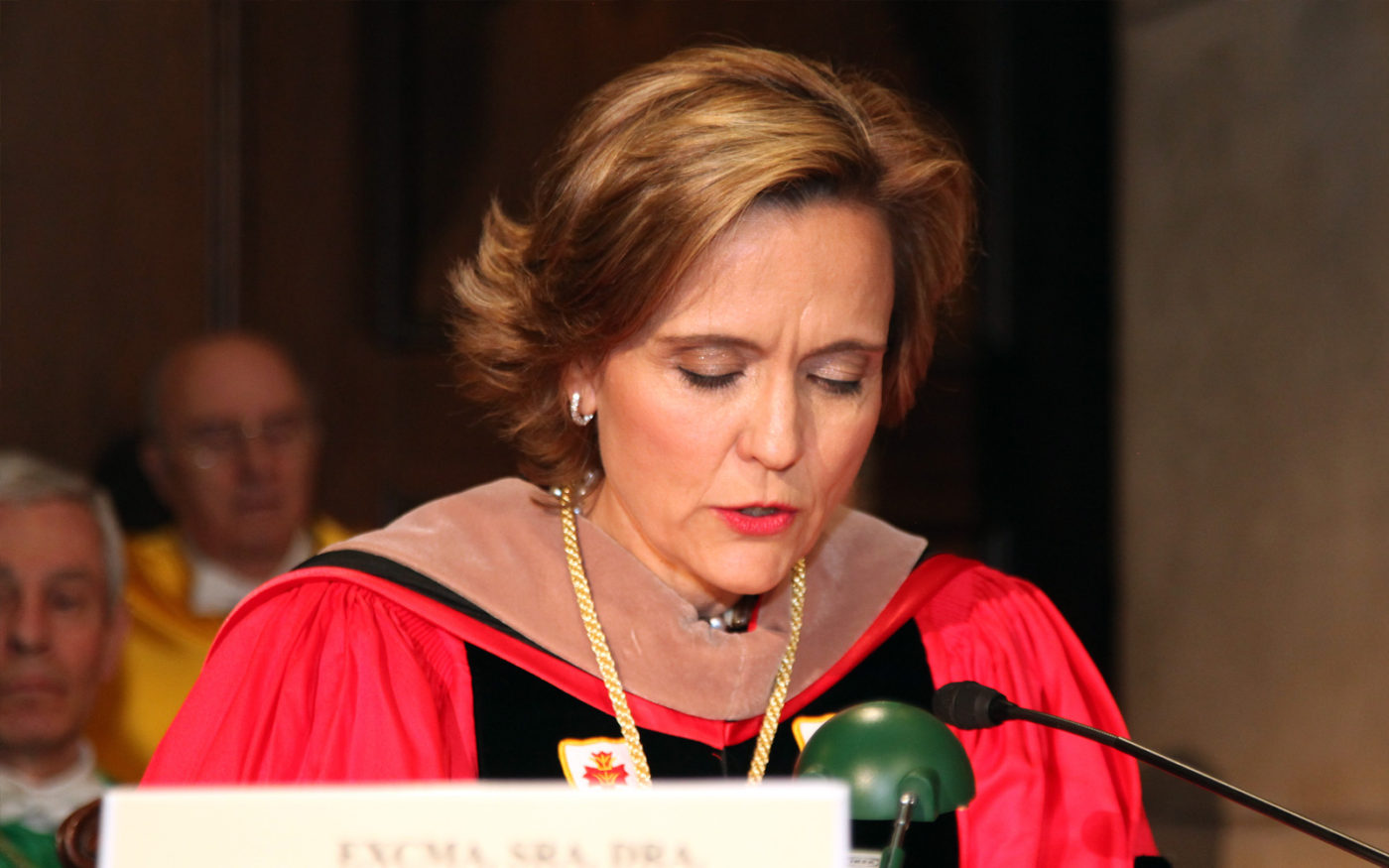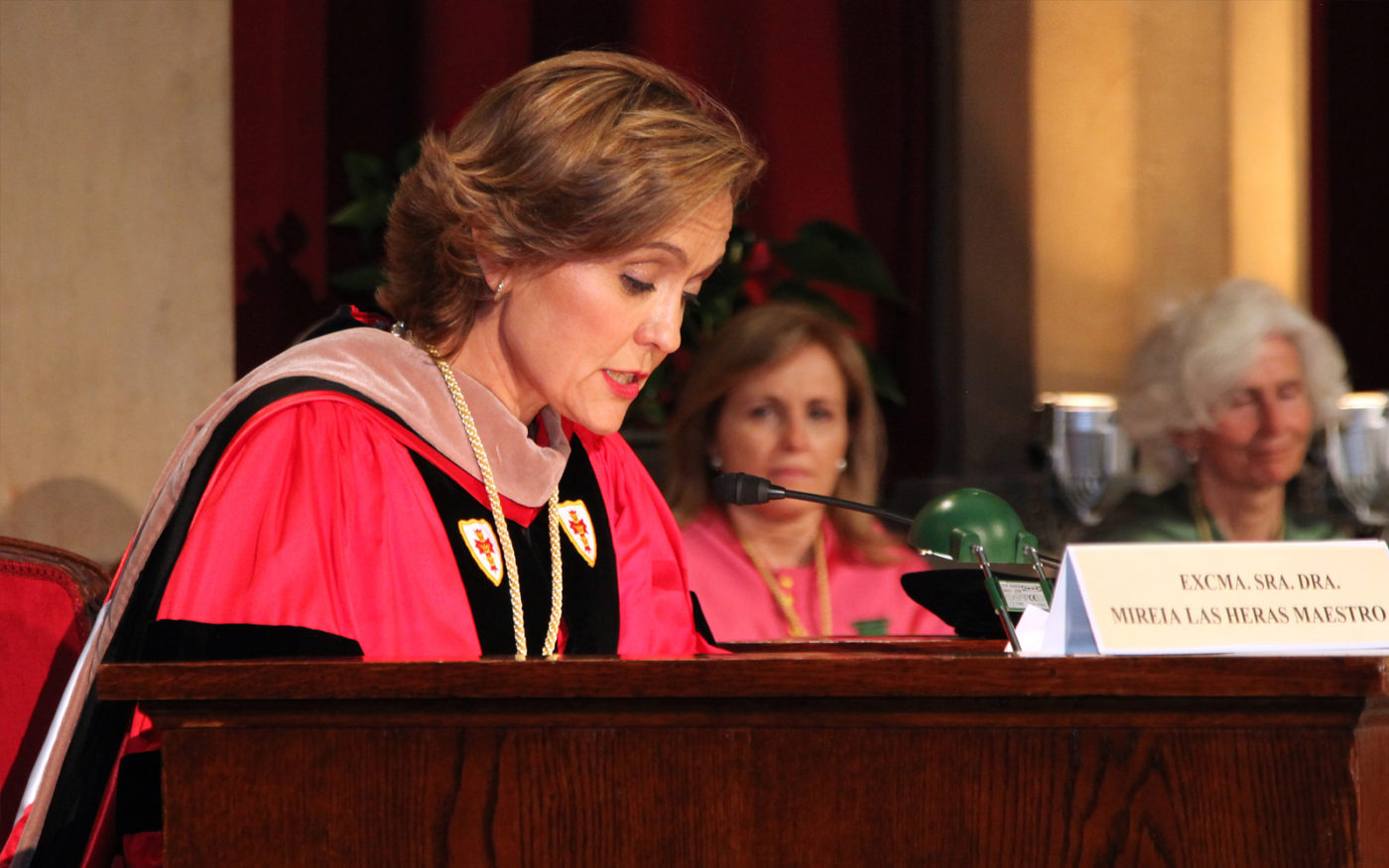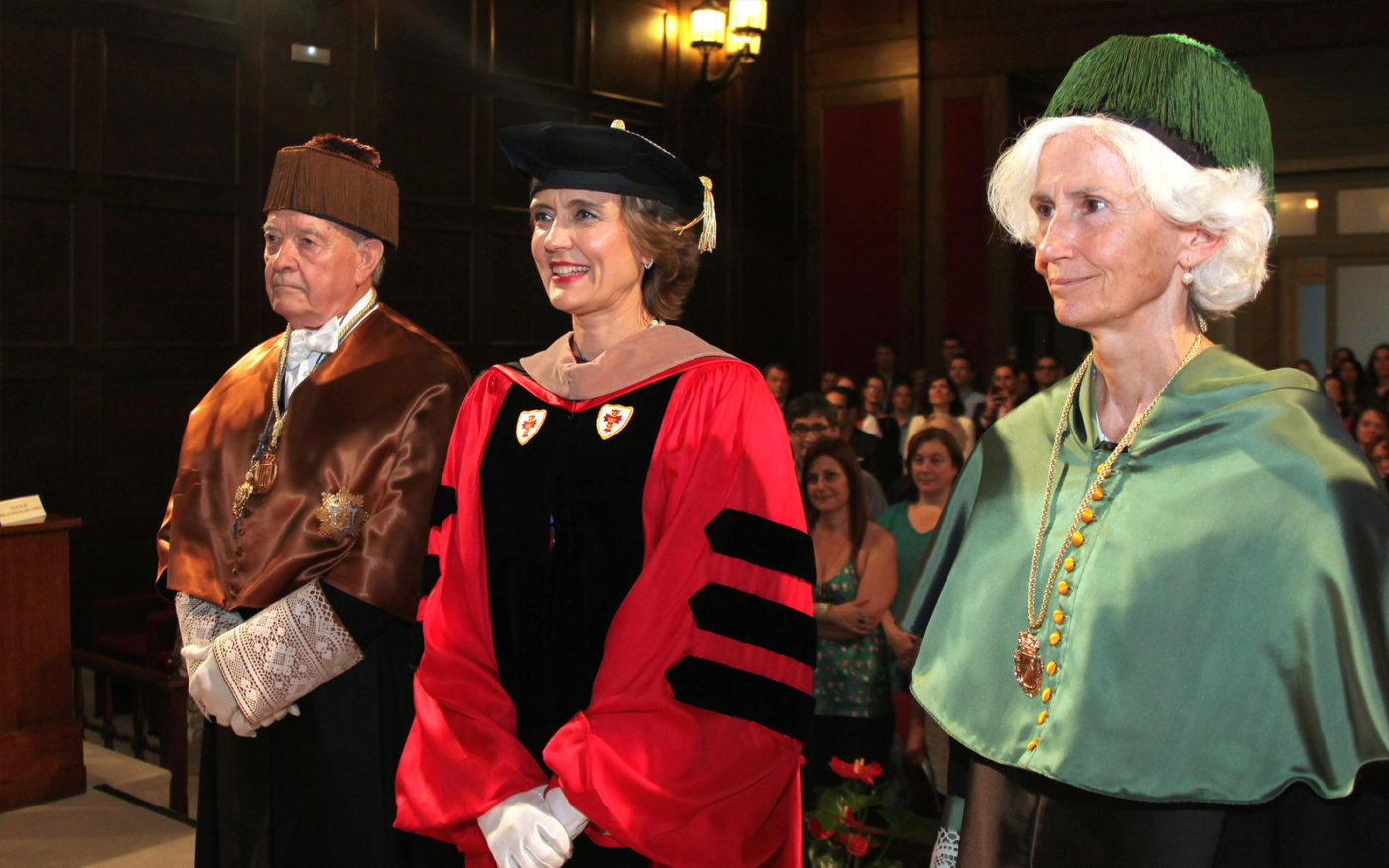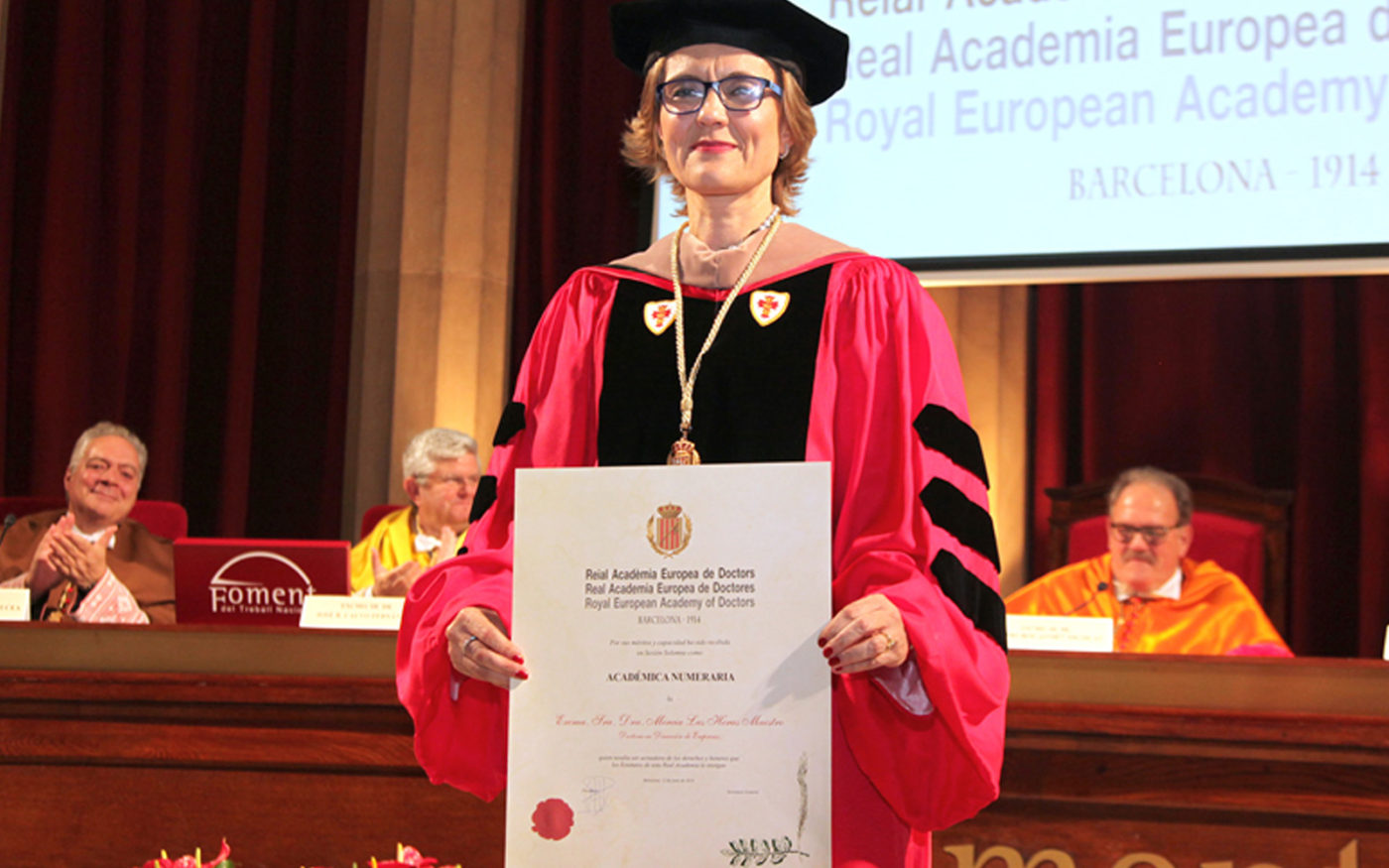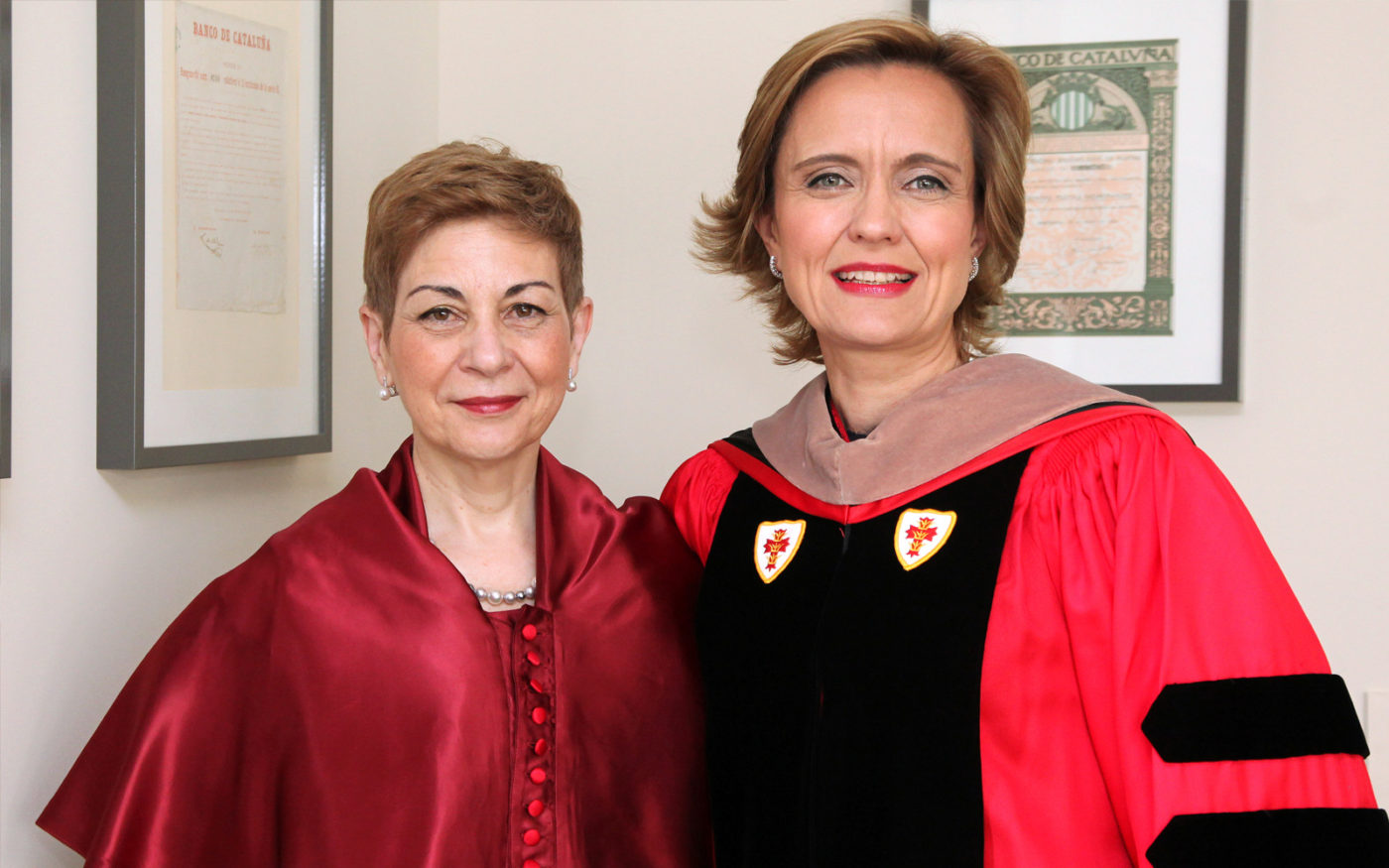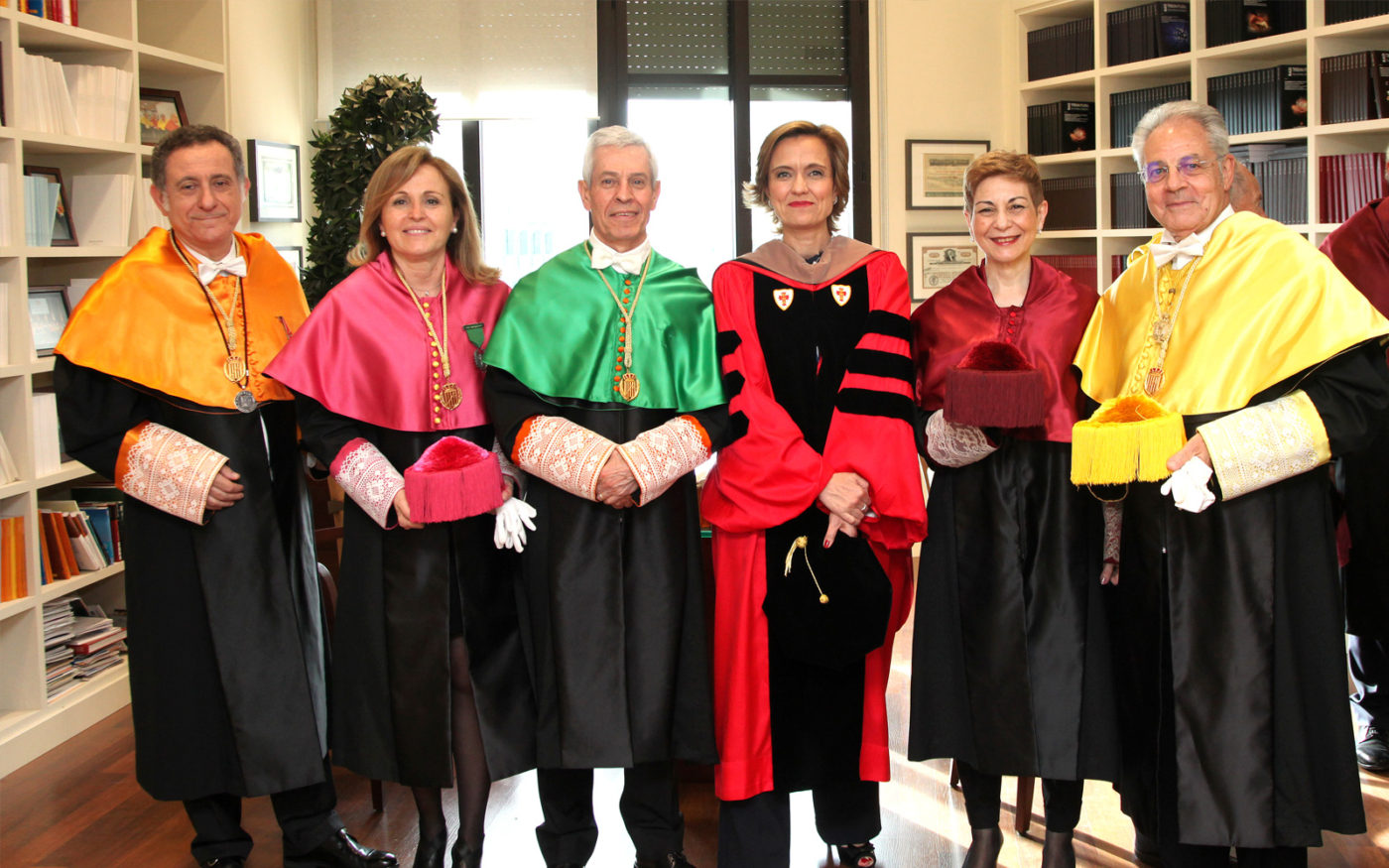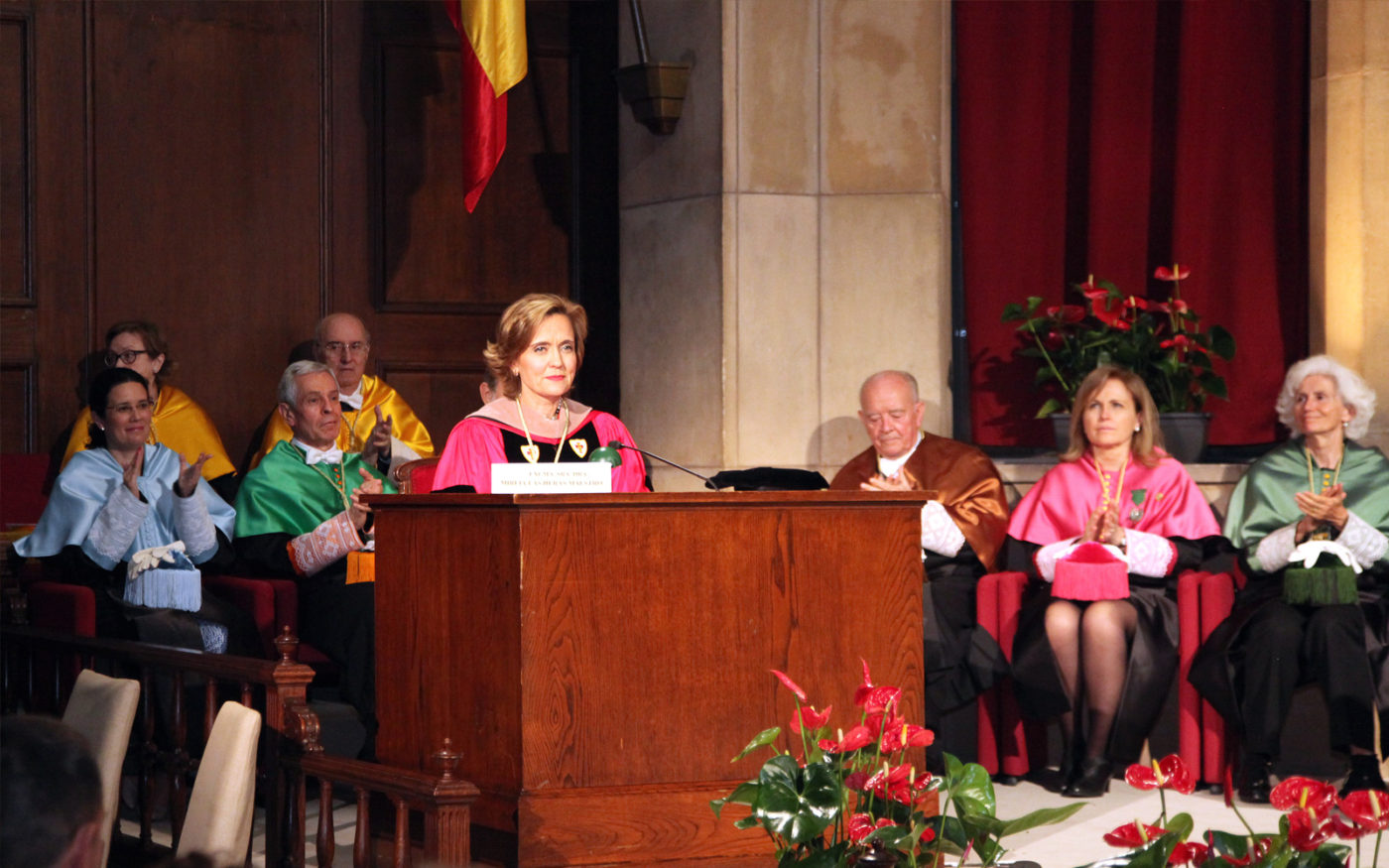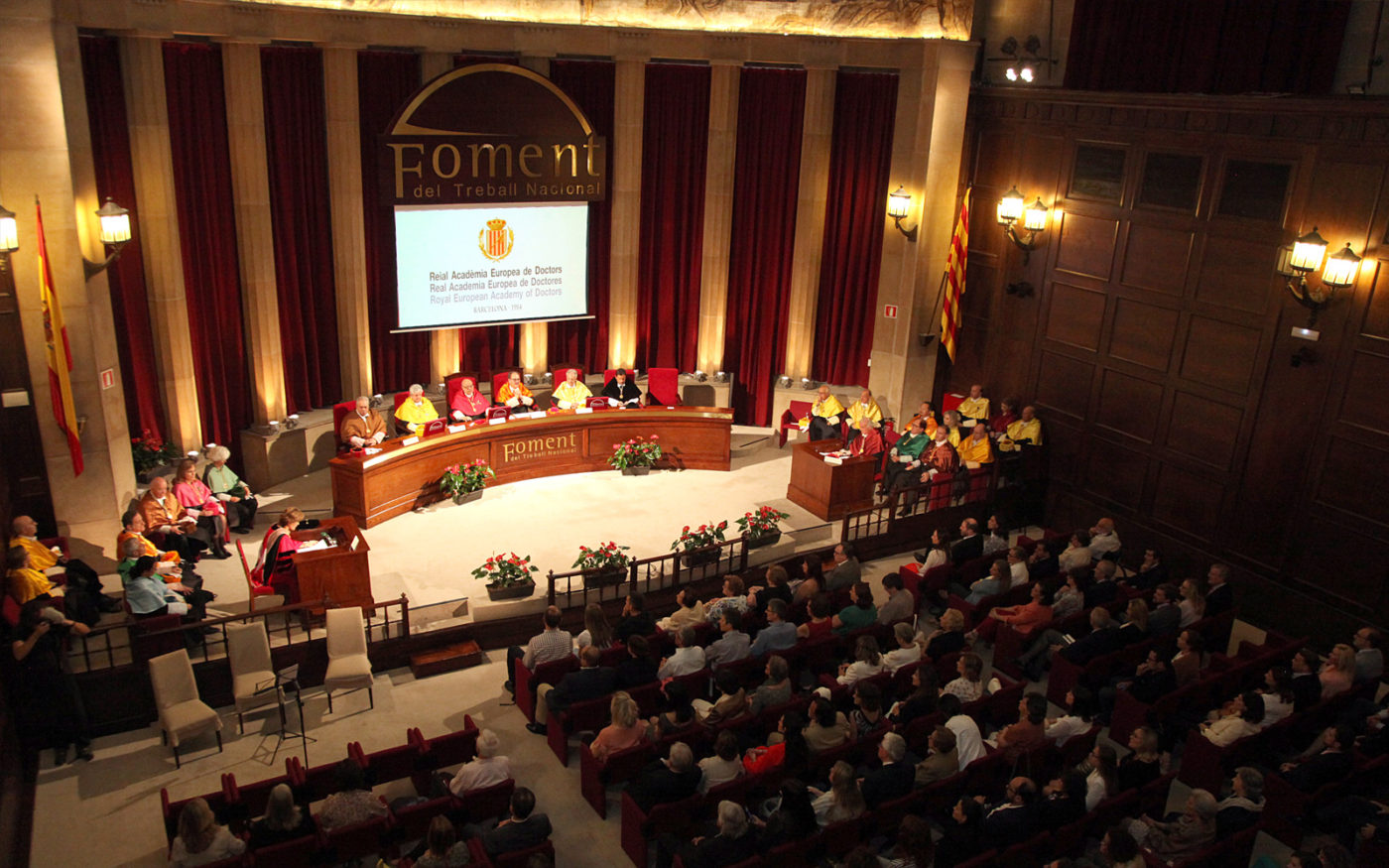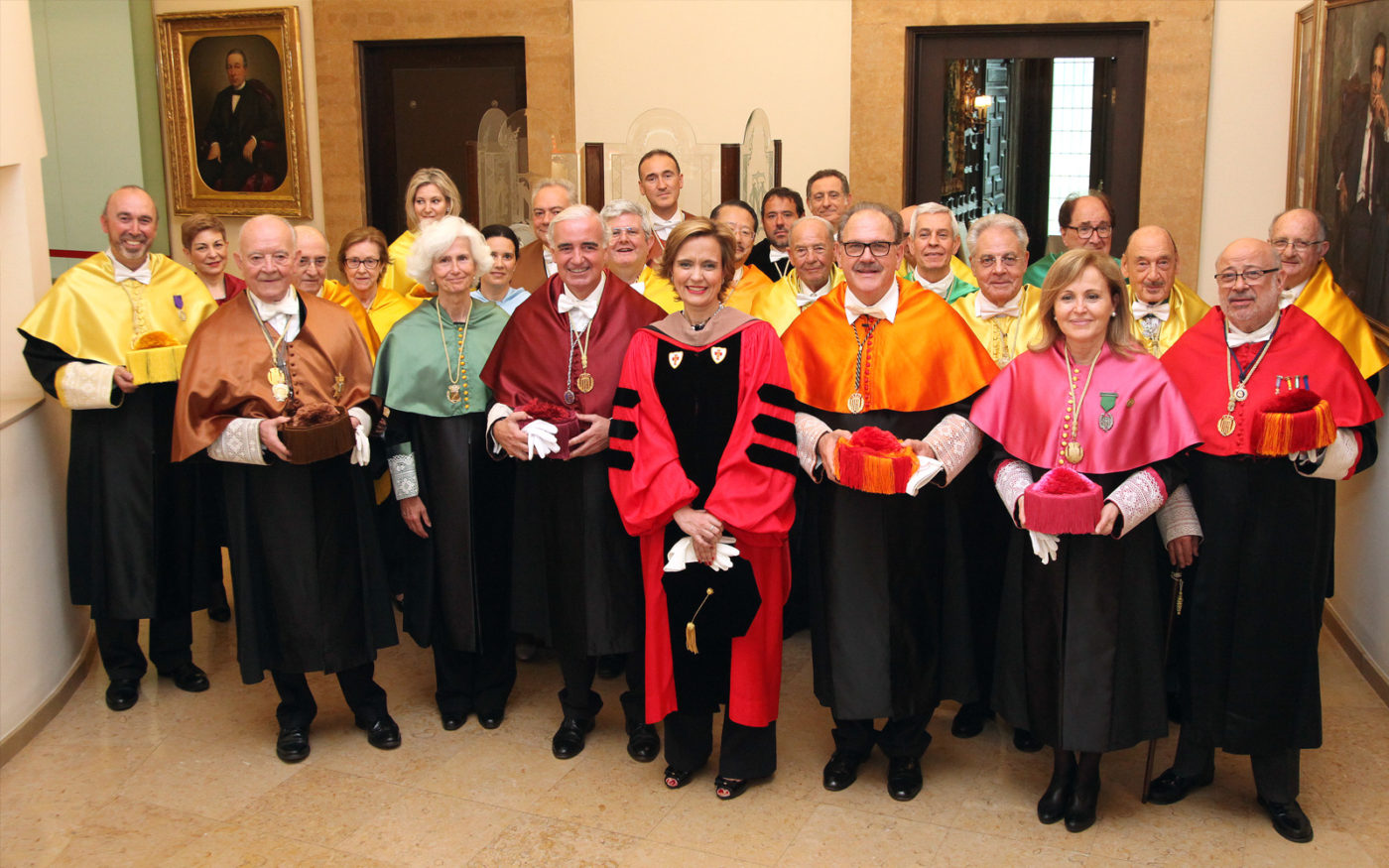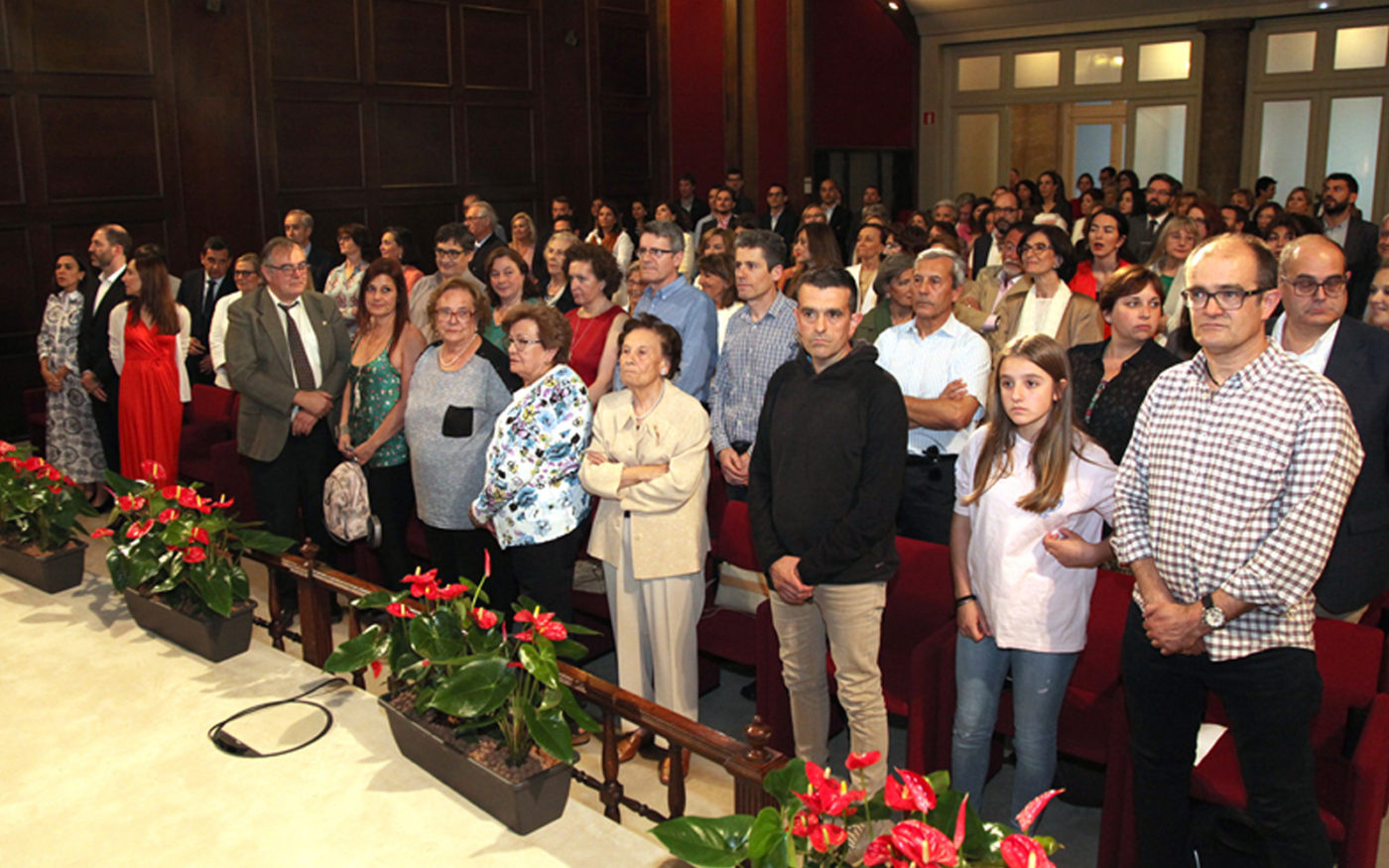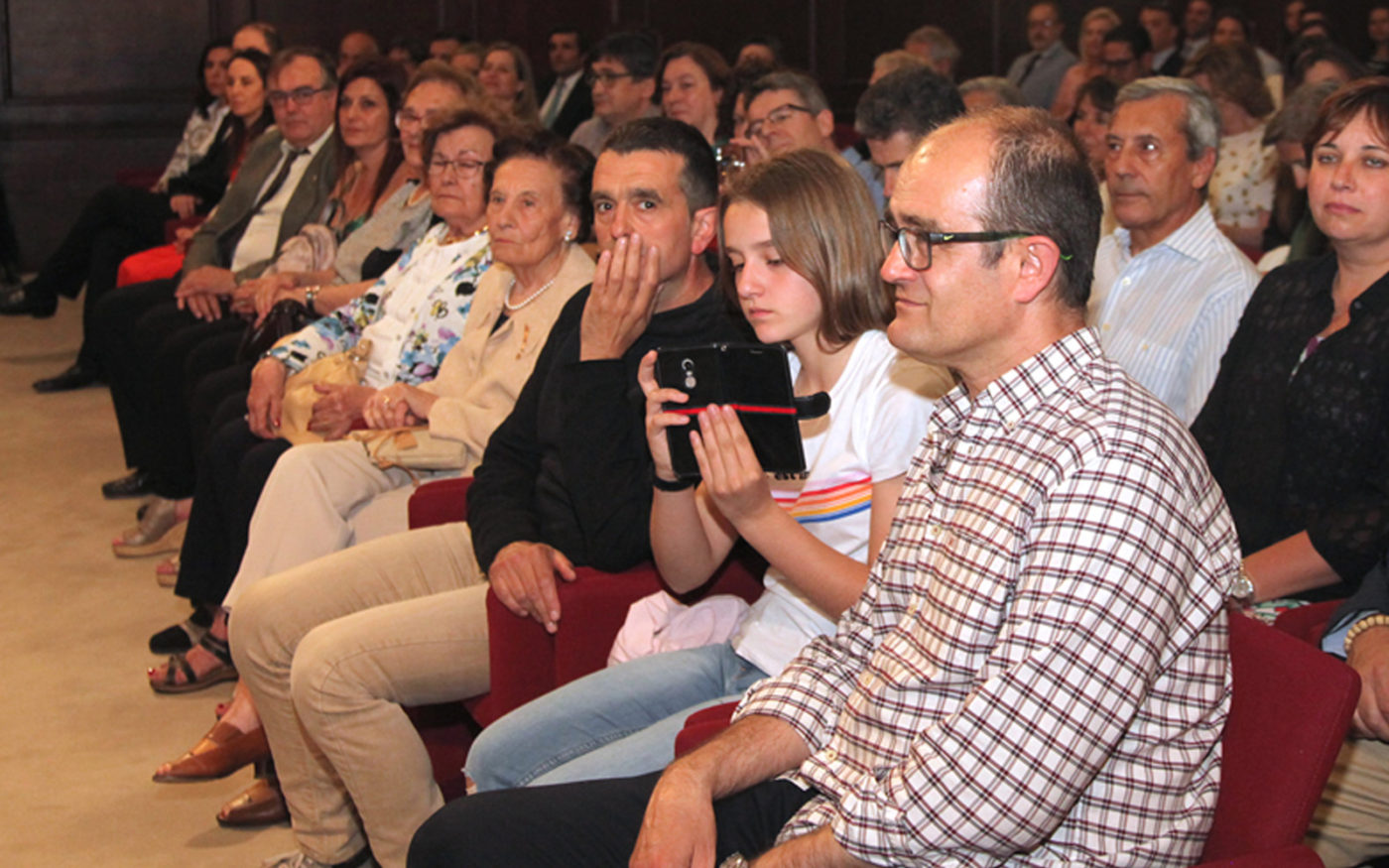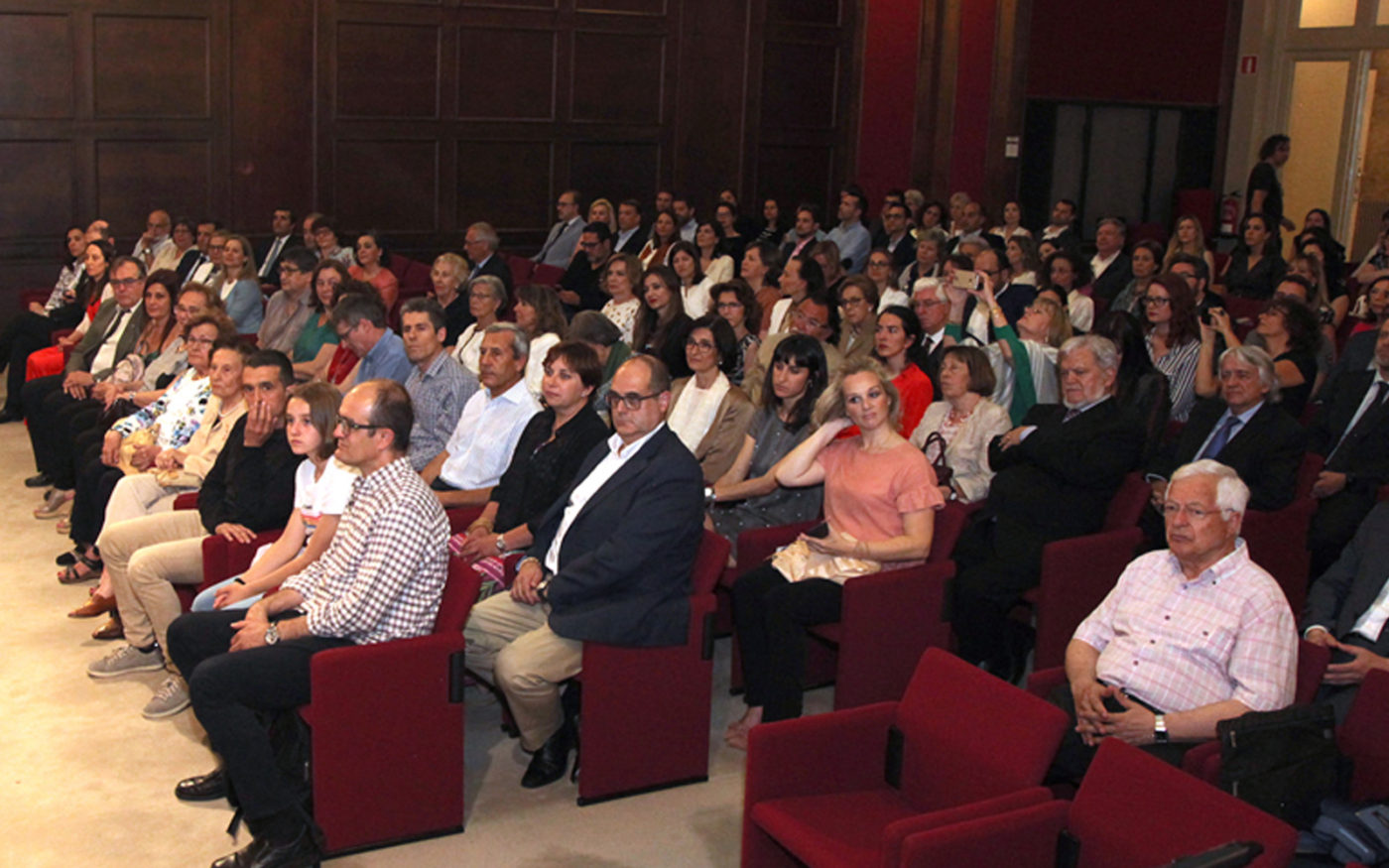Academic research
My research philosophy
The organization is much more than making money. Is about making this World a better place. For all.
My study of the work-family interface stems from a number of premises that find their direct implications in both my research design and questions. They also influence the theoretical frameworks I build upon. In the following section I define these premises and in what they are reflected.
Premise #1
An organization is “a group of people who coordinate their actions to achieve objectives in which they all have an interest, albeit for different reasons” (1996, p. 13). Thus, organizations exist to achieve common aims of various shareholders.
What is it reflected in?
- Thereby, the outcomes I focus on include results of organizational/managerial actions relevant for: the company (e.g. employee performance and turnover intentions); the employees (e.g. health, satisfaction, and wellbeing); the employees´ families (e.g. the focal person’s family performance and time devoted to family issues); and, crucial for society at large (e.g. education of children as well as care of the elderly by the focal person).
- An example of one of my research questions is “What leadership behaviors affect engagement at home and at work? To what extent does engagement (at home and at work) translate into better performance at home and at work?
Premise #2
The immediate consequences of organizational members’ actions will not coincide with their long-term results. Thus, an organization must strive not only to achieve immediate results, most importantly, to build the capacity to continue to obtain results in the future and ensure that the results are the best possible (Argandoña, 2013).
What is it reflected in?
- Therefore, the outcomes that I explore include both short-term results of organizational decisions (e.g. performance rated by the supervisor), as well as long term consequences related to building capacity to deliver in the future (e.g. organizational commitment; the level of motivation to work for extrinsic, intrinsic and prosocial reasons; and the perception of organizational support).
- An example research question is “To what extent family motivation of the supervisor translate into better work conditions of the employee and better results of the company?”
Premise #3
Companies have three levels of organizing principles. Namely the formal, the psychosocial, and the anthropological levels. These three levels are not independent, but rather mutually dependent on each other.
What is it reflected in?
- As such, the independent variables I study as antecedents are at the three levels of the organization and in conjunction with one another. At the formal level, I measure the access to formal policies. At the psychosocial level, I focus on leadership behaviors. At the anthropological level, I focus on personal values/motivations.
- An example research question is “To what extent do cultural values affect supervisor behaviors, and how do those mediate the relationship between cultural values and organizational outcomes?”
- In the conjunction of formal and psychosocial levels, I study Idiosyncratic deals (I-deals), which are defined as personalized employment conditions that individual workers negotiate with their employers to satisfy both the employers’ and the employees’ needs, values, and preferences (Rousseau, Ho, & Greenberg, 2006).
- In this area, I work mostly on the antecedents of those deals, since most of the literature has studied the consequences. By studying the antecedents, my research contributes to an understanding of the conditions (e.g. the leader’s characteristics, his personal experiences) that facilitate the creation of such deals.
- An example of a research question is “To what extent do supervisor care-giving responsibilities (for children and the elderly) affect the number of I-deals they grant, and how do those ideals affect Satisfaction with Balance and Turnover intentions?” (see the abstract of the paper in Appendix 3, B1)
Premise #4
The three levels of the organization (the formal, the psychosocial, and the anthropological levels) are connected and dependent on the external environment in which the company operates. Thus, it includes things such as the legal system (in issues such as parental leave and workers protection); cultural assumptions (for instance regarding caregiving); the institutions’ effectiveness or the educational system.
What is it reflected in?
- Hence, I study the work-family interface in different countries, which allows me to test the effect of the external environment, namely national context. Cross-national comparisons are rare and mostly rooted in a cultural framework (Ollier-Malaterre, Valcour, Den Dulk, & Kossek, 2013). I work by conceptualizing national context via objective features of the national environment, such as: the level of social expenditures (investment in low-cost high-quality public childcare); the rate of unemployment; the effectiveness of the government; and, the country’s Human Development Index (HDI).
- An example of a research question related to this premise is “To what extent the different perceptions of gender roles (measured by Gender Inequality Index -GII) affect the results of Family Supervisor Supportive Behaviors (FSSB)?)
Premise #5
I trust that a confluence of extrinsic, intrinsic and prosocial motivations – the so-called motivational structure – guides individuals’ actions and impacts individuals’ work-family decision-making that turns into (positive or negative) learning. Such continuous learning shapes future decisions (Chinchilla, Moragas, & Kim, 2012).
What is it reflected in?
- Thus, I have studied how various motivations, namely Performance Motivation and Family motivation, affect leadership behaviors as perceived by the collaborators.
- An example of a research question would be “To what extent the performance motivation of the supervisor influences the number of idiosyncratic deals he grants, depending on the performance motivation of the collaborator”

